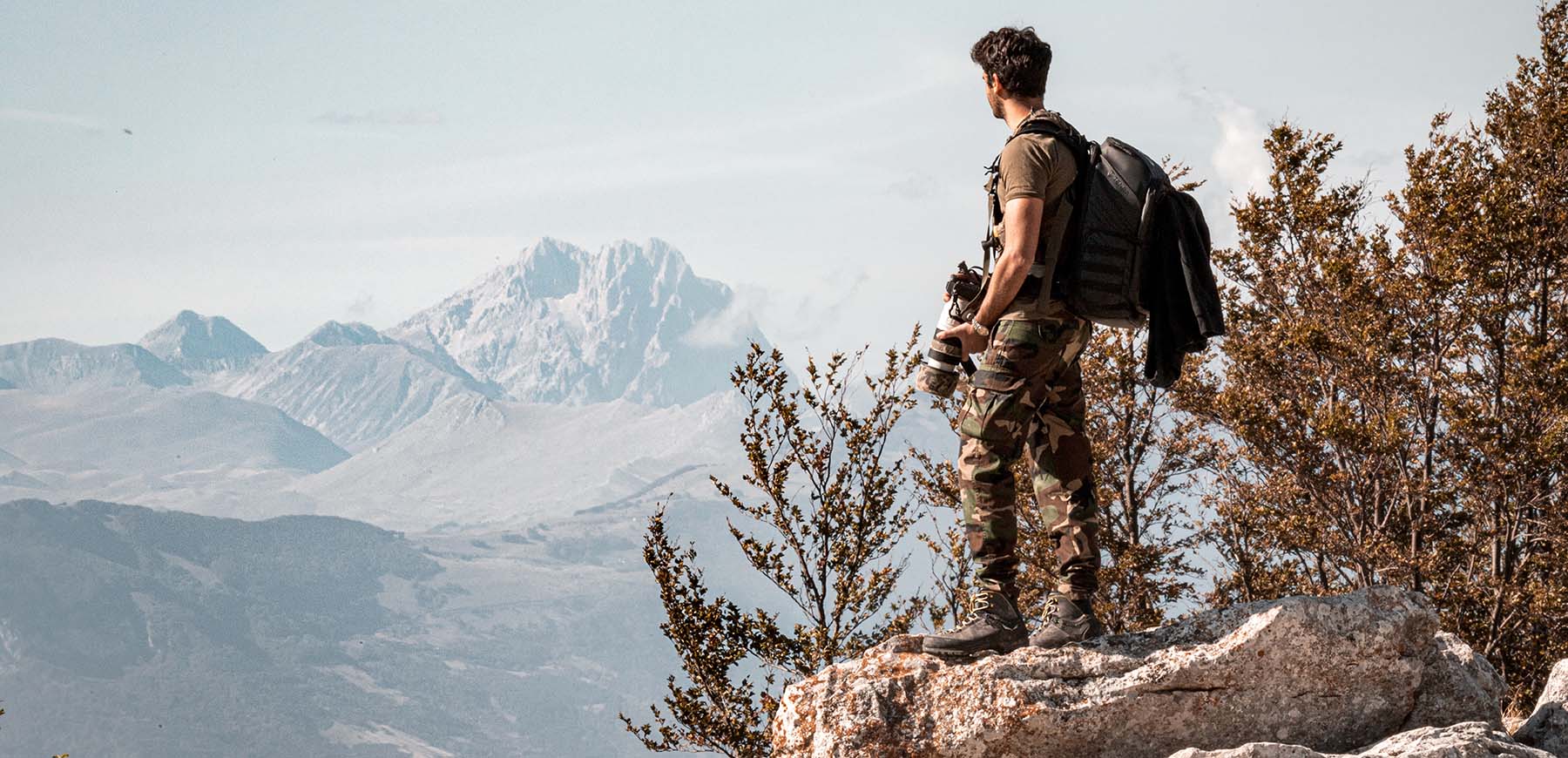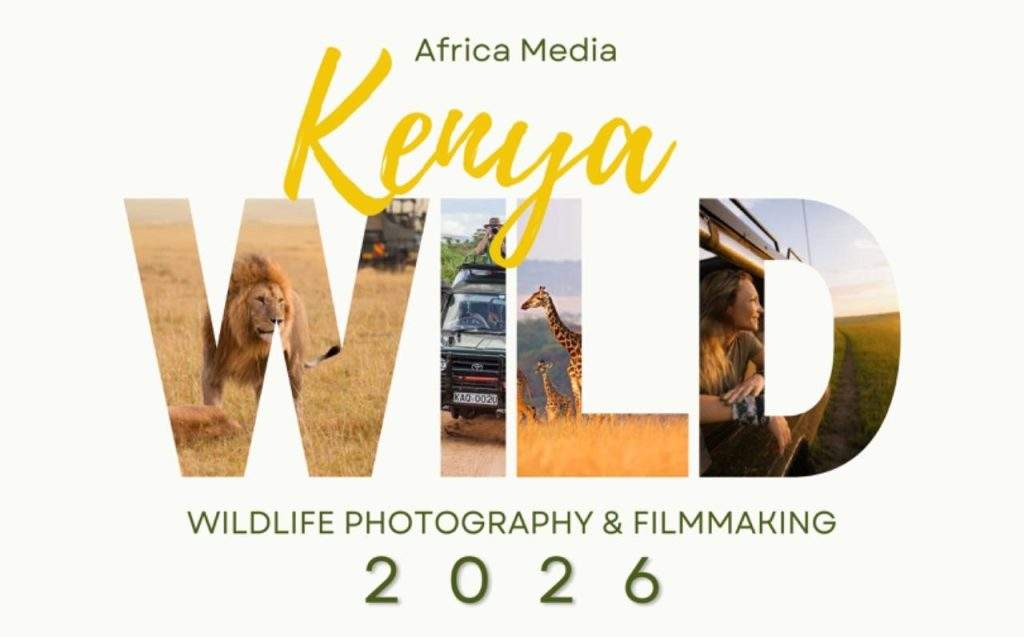
Top 10 conservation careers: working for nature
In a world where conservation has become a popular buzz word, there are also more conservation careers available. People can contribute to the worldwide discussion on nature and wildlife in various ways. Here is a condensed list of careers you can consider if you’re passionate about playing your part in conservation.
1. Photojournalist
Modern media practitioners are now doing just about everything: writing, taking photos, being social media ninjas and even editing videos. Being a photojournalist in conservation gives you the opportunity to use all these media skills for a good cause. In this career, you can combine freelance photography with written environmental articles and provide them to various platforms on a freelance basis. The media – both print and online – is the most important channel for spreading news and information about important subjects. Environmental media is no exception.
2. Ecologist
Ecology is the study of interaction and relationships between living things in nature. This includes animals, plants and their environment. An ecologist is a person who followed this specific area of study and training. They are able to study and monitor the behaviour of organisms in their ecosystems. This means that they are the ones able to tell us about what the environment and its inhabitants are going through. Through ecologists’ study of nature and natural history, we are able to see what changes are taking place in the environment and the reasons behind it. This contributes to the global discussion on environmentalism and what we can change in order to conserve wildlife.
3. Marine biologist
This is a biologist who specialises in marine life and the study of marine species. Marine biologists use science to determine what marine life needs in order to survive. This leads to fewer marine species being lost to the deteriorating state of our oceans and natural environment.
4. NGO member or volunteer
If you haven’t established yourself in a conservation career yet, you can start out by becoming a volunteer or member of a non-profit organisation working to protect nature. Here, you will learn from those who are passionate about saving our planet and its wildlife. You’ll also have the chance to serve a good cause by contributing in various ways. Whether you’re a runner, a marketer handing out flyers, or a weekly participant in beach cleanups, there are always ways to help bigger organisations make a difference.
5. Game ranger
This career requires formal education and training. Game rangers are informed about wildlife facts and animal behaviours. They know how to track and monitor different animal species. Furthermore, they are trained to handle wildlife encounters and are able to guide and educate other people (guests of a game reserve, for instance) on this wildlife information. Game rangers are animal lovers. They have a strong drive to protect wildlife from human-associated dangers, such as poaching, trophy hunting or culling. However, there’s more to it: game rangers also need to manage the wildlife on a game reserve in an ethical and sustainable way and contribute to scientific research in the field by providing wildlife data to biologists or ecologists.
Download FREE eBook featuring 18 International scholarships to fund overseas experience travel

6. Wildlife vet
This entails becoming a wildlife veterinarian or rehabilitation manager. Vets who are passionate about wild animals are usually part of wildlife capture attempts in cases where wild animals are injured or abused. They will then oversee or personally handle the treatment and rehabilitation process, and be involved in releasing the rehabilitated animals back into the wild. Wildlife vets also sometimes keep and care for wild animals who are not able to survive on their own in the wild anymore.
7. Conservation activist
This is a public figure or speaker that advocates for the rights of animals. They can be normal, everyday people with something to say about wildlife, or they can be a founding member of an organisation like CACH or Greenpeace. Activists aren’t afraid to speak their minds and they use their voice and presence in the media to convince others to care for wildlife.
8. Academic research
What if you decide to continue studying? You can contribute to the knowledge we have about the environment and conservation. Academics study anything in biology, forestry, agriculture, sustainability, environmental sciences, climate change, energy sources and more. These findings are used by environmentalists and journalists to spread facts about the environment to others. True change starts with knowledge, and the academic world provides this.
9. Tour guide/operator
A tour operator works in environmental tourism, like private game reserves or sanctuaries. They are experts on the wildlife in their specific location, and they inform and guide guests on wildlife facts and conservation info. Tour guides will work for one company or they can freelance for several companies, but their main focus is educating tourists on the place around them and the importance of protecting nature.
10. National park employee
A national park is a wildlife reserve that the government of a country is in charge of. The management, maintenance and protection of the park is the responsibility of the government. National parks are usually open to the public, whereas with private game reserves, booking ahead essential. Working for a national park as a tour guide, game ranger or administrative staff member provides more conservation careers that allow you to work for nature.
These are the top 10 conservation careers you can follow. Which one do you think suits you best? If a wildlife media career looks like something you’d enjoy, check out the training programs we offer in writing, photography and film.
Kickstart your wildlife media career!
Find your perfect wildlife media speciality program





